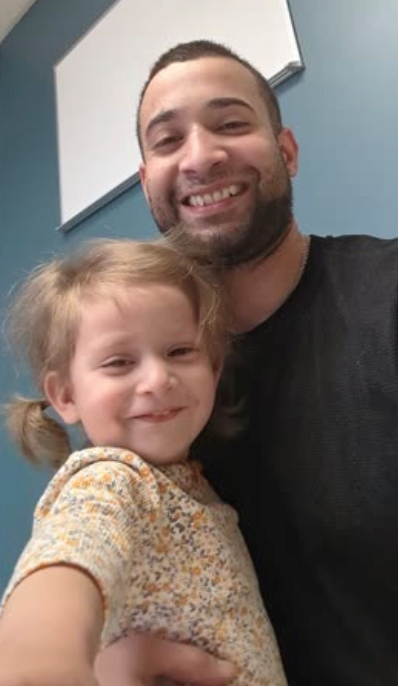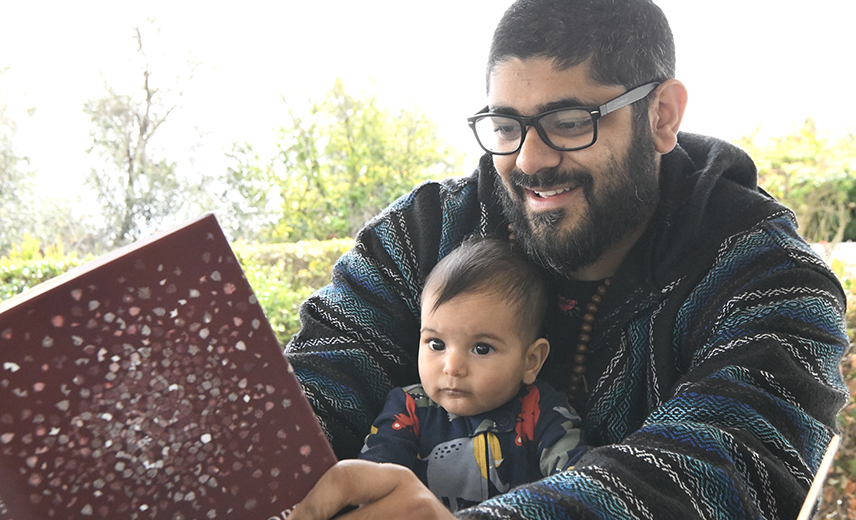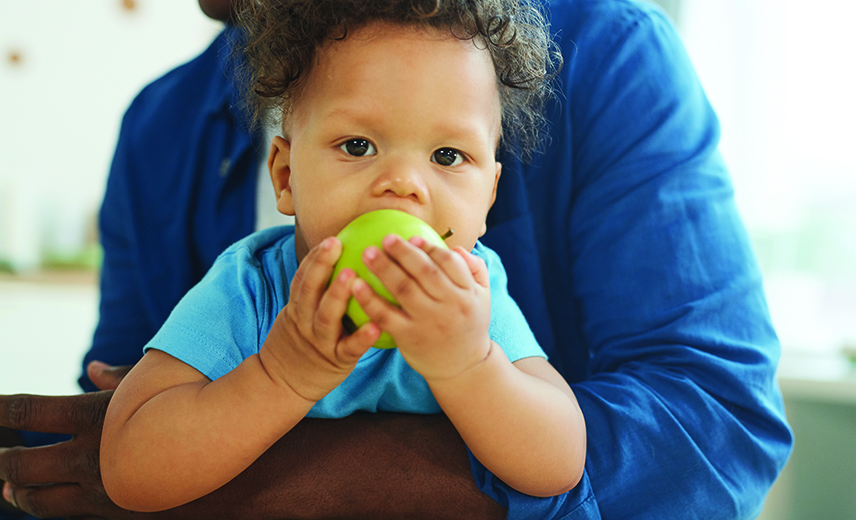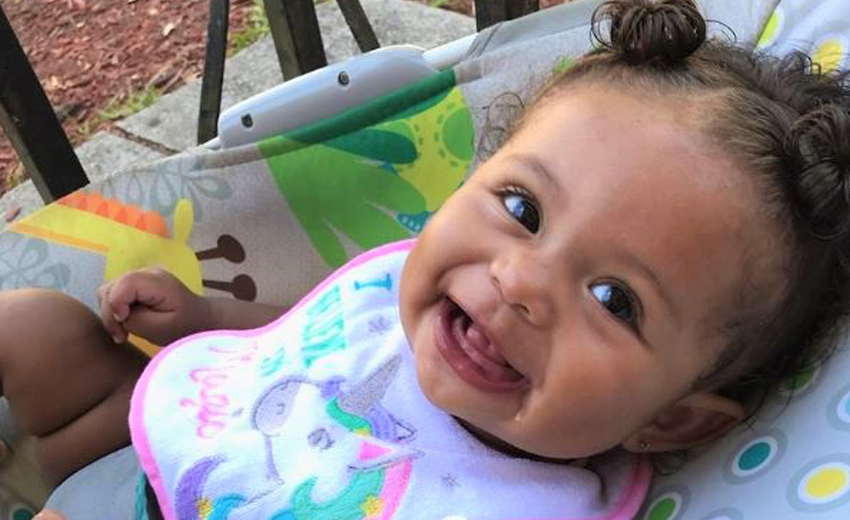Vital and Valuable: The Latest Topic Brief from UnidosUS’s Latino Infant Initiative Celebrates and Reinforces the Important Role Fathers Can Play in Their Children’s Long-term Success
Protector, provider, disciplinarian. For generations, these are the roles commonly associated with fathering across many cultures and many parts of the world. But what about also playing the role of a teacher, nurturer, and early childhood language and literacy coach?
Over the past year, UnidosUS has been on a mission to foster greater awareness of the role dads play and should play in a wide range of early child-rearing activities. To that end, and just in time for Father’s Day, it has published the topic brief Vital and Valuable: Latino Fathers and Their Infants and Toddlers.

The brief is the latest resource of the Latino Infant Initiative (LII), a program run in partnership with the national non-profit Abriendo Puertas/Opening Doors and funded by a grant from the Pritzker Children’s Initiative to create and develop a network to guide the development of a national policy agenda and enable high-quality programs to Latino infants more readily.
The brief centers on key scientific evidence proving that Latino fathers can strengthen daily interactions, dual-language conversation, and early reading to improve their children’s educational and professional outlook for years to come.
The brief starts with a congratulatory note: “Latino families are producing so many babies they are remaking the demographics of the United States, growing the Latino population from 10 million people in 1970 to an estimated 110 million by 2060, according to Census data.”
But the main message is that dads play an important role in “daily interactions that drive the development of skills, attitudes, and abilities that promote bonding, joy, attachment, confidence, and the language skills that are the foundation for reading success,” adding that “future employment opportunities and earning potential are strongly tied to their level of education.”
Early Reading
“Even when they can’t yet speak, babies have many capabilities for language. So, whether dads speak Spanish, English, or both languages, babies benefit,” the brief explains, noting that through listening and observation, they analyze what they hear, process rules of grammar, and understand words and meanings, all of which work better with daily, high-quality engagement from their caretakers.
Early Dual Language Development
The National Academy of Sciences confirms that children are fully capable of learning more than one language with ease, and that parents should encourage, not discourage, the development and usage of their home language.

“So Latino dads: if you speak Spanish, interact with your baby in Spanish. If you speak Spanish and English, interact with your baby in either language,” the brief states.
Some of the best ways to do this, the brief says, are to describe the children’s activities like a “play-by-play” announcer; engage them in a back-and-forth interaction; and read books and/or look at pictures in magazines or on a phone or computer device, all of which spark children’s curiosity and stimulate their developing brains. These activities are often referred to as “serve-and-return” and can be greatly enhanced by non-verbal communication, such as gestures and facial expressions.
“Month after month, as the baby grows, they will be able to process larger amounts of information and vocabulary, which is the foundation of reading comprehension,” the brief says.
Reading in Two Languages
When it comes to infants and toddlers, the concept of “reading” doesn’t necessarily mean parents and caretakers have to be high-quality readers themselves. In this context, reading refers to the concept of engaging children with literature and imagery that tells a story and helps them put vocabulary into context. In other words, it’s nice to read children’s stories directly to infants and toddlers, but they also benefit greatly from being able to point to a picture and learn the word or activity associated with it.
Fathering Future Success
As with the LII itself, the brief reaffirms that the time to engage children in high-quality learning starts in the early years, as the first five years are foundational to developing strong cognitive, social, and emotional skills.

That message resonated with Amar Vyas, a father participating in a father engagement program sponsored by the UnidosUS Affiliate AVANCE in San Antonio, Texas. He said that program gave him a much deeper appreciation for how fathers help develop their children’s cognitive, social, and emotional skills, noting that the bonding fathering creates is good not just for one’s own children but for society as a whole.
“It’s never too late to be involved in your child’s life, but time is passing, and the beautiful cherishable moments of their childhood won’t be here forever,” said Vyas. “Learn to love them now when they are looking for it, so that way when they’re adults, they’ll know how to reciprocate it. We need more good people in the world, and the only way to accomplish that is through your love.”
AVANCE Parent Education Manager Georgette S. Chapa said this father engagement brief is yet another valuable tool within the larger resource of the Latino Infant Initiative, and that as AVANCE’s father-engagement program has grown, it has helped to break stereotypes about early child rearing as largely a mother’s role. This, in turn, has prompted participants in the program to request more resources they can share with other dads in their communities.
“Many fathers have never experienced a positive interaction with their fathers growing up or simply the father figure was not present in their lives. These resources unlock opportunities for fathers to have a better vision of their role and understand that it is absolutely okay to show love to their children,” she noted, adding that they, like mothers, are their children’s first and most important teachers.
Author Julienne Gage is a former UnidosUS Senior Web Content Manager who now serves the organization as a consultant.



